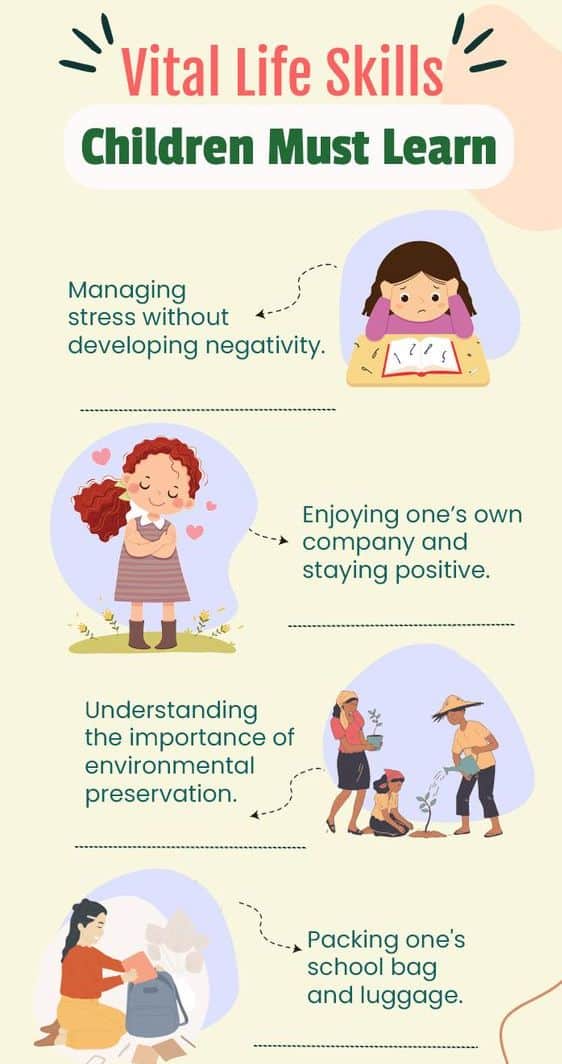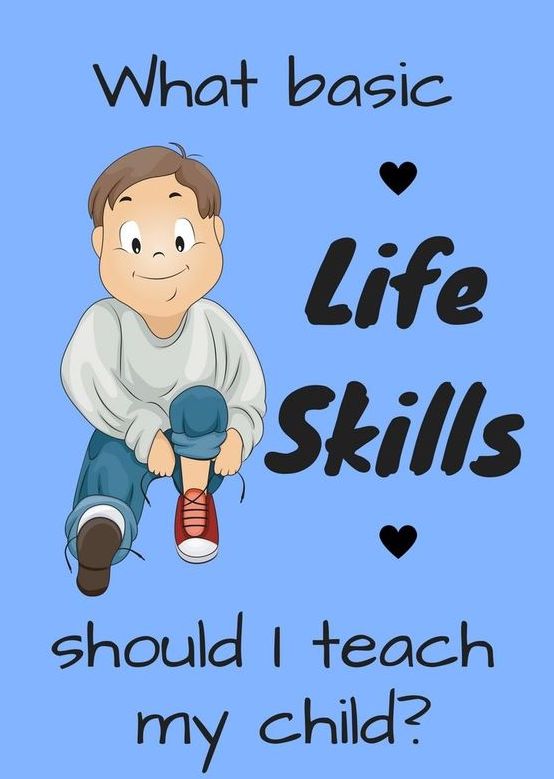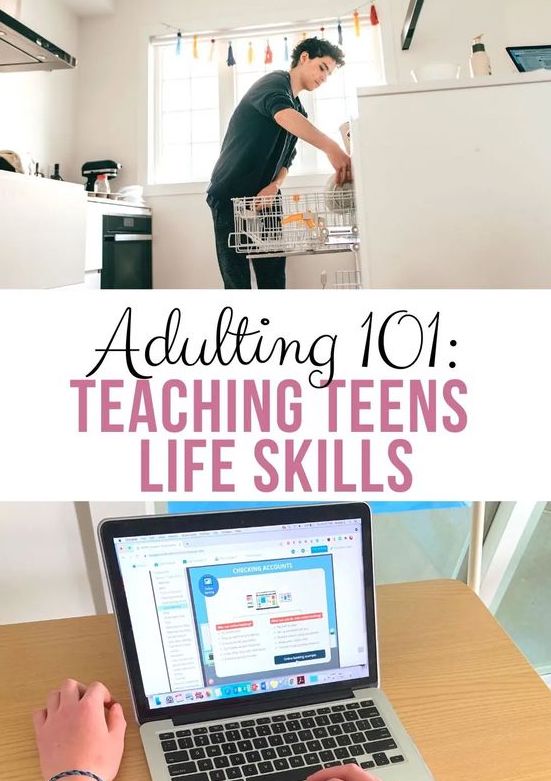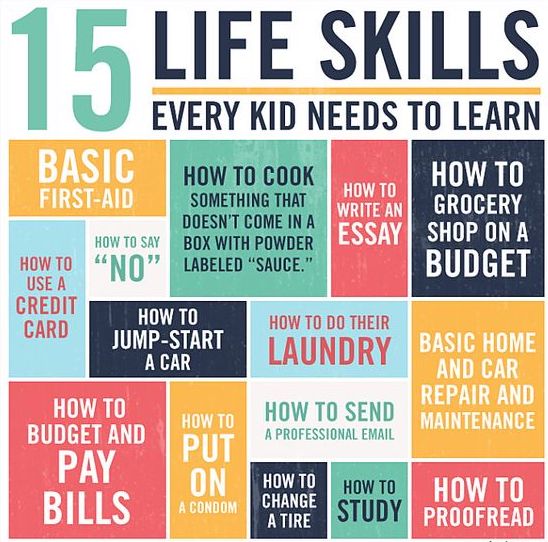The Ansell Casey Life Skills Assessment is a dynamic tool that unveils a child’s unique abilities and areas for development. Here’s a quick overview of how it operates:
| Structured Observation |
Careful monitoring of the child’s behavior in diverse settings provides a comprehensive understanding of their skills. |
| Targeted Questions |
Specific inquiries about daily tasks, problem-solving, and interactions unearth valuable insights. |
| Holistic Evaluation |
The assessment examines academic prowess and practical application of knowledge in real-life scenarios. |
| Strengths Identification |
Pinpoints and celebrates the child’s strengths, fostering a positive approach to growth. |
| Customized Guidance |
Empowers parents and caregivers with a roadmap for tailored support, focusing on enhancing specific life skills. |
The Ansell Casey Life Skills Assessment acts as a beacon, illuminating the path toward a child’s full potential and offering practical insights for targeted and positive intervention.
This post was originally published on November 15, 2023. It was updated on April 12, 2024.












